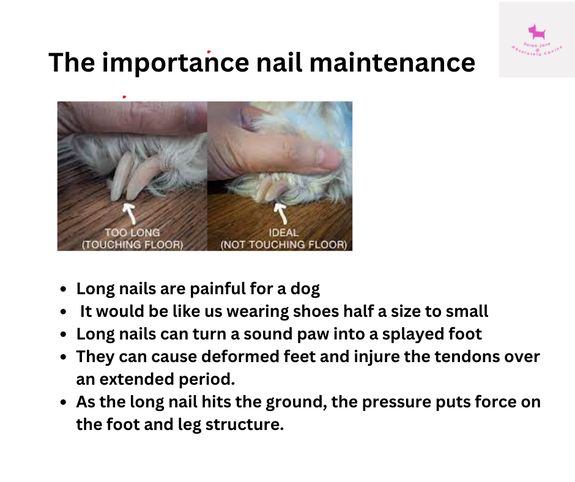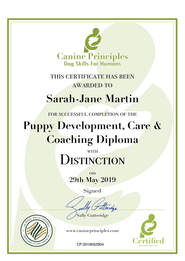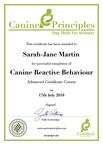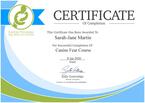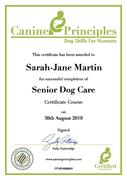|
In 2010 I decided to change my career and trained to be a dog groomer and set up my own successful business. To date I have completed around 12,000 grooms!!!
Small to medium size breeds only I only have one dog in at a time unless two from the same household. This allows me to give individual attention to each dog. *Bathing not included* My services include: Clipping Handstripping Deshedding Nail clipping Brush Out Paw Hair Trims Eye Hair Trims |
|
